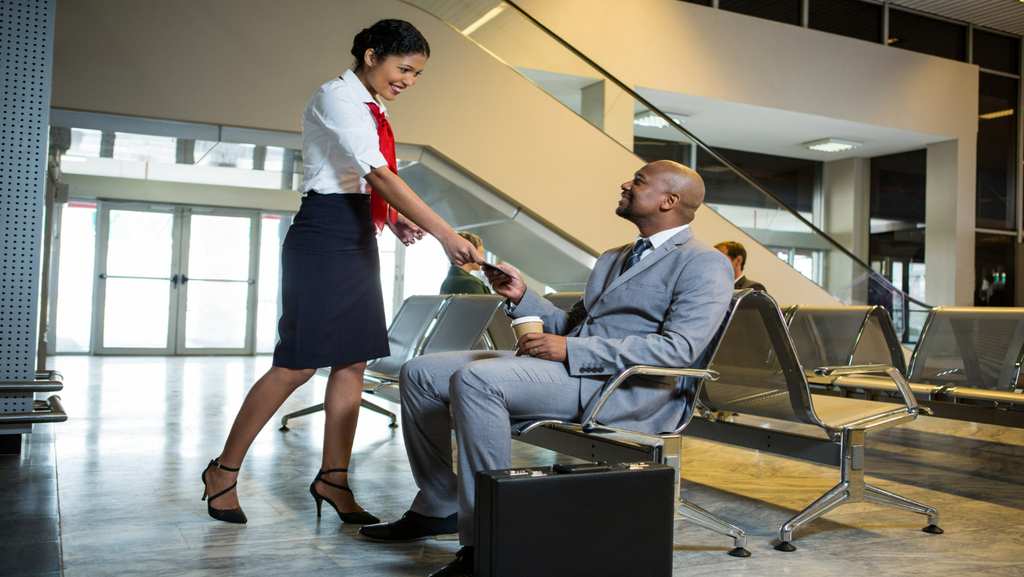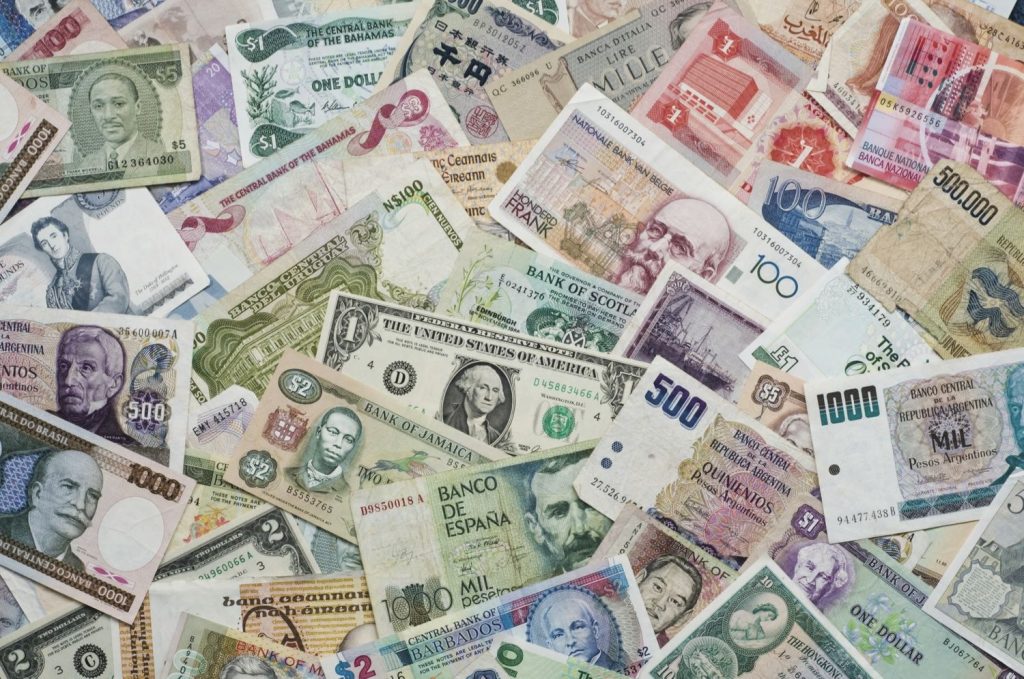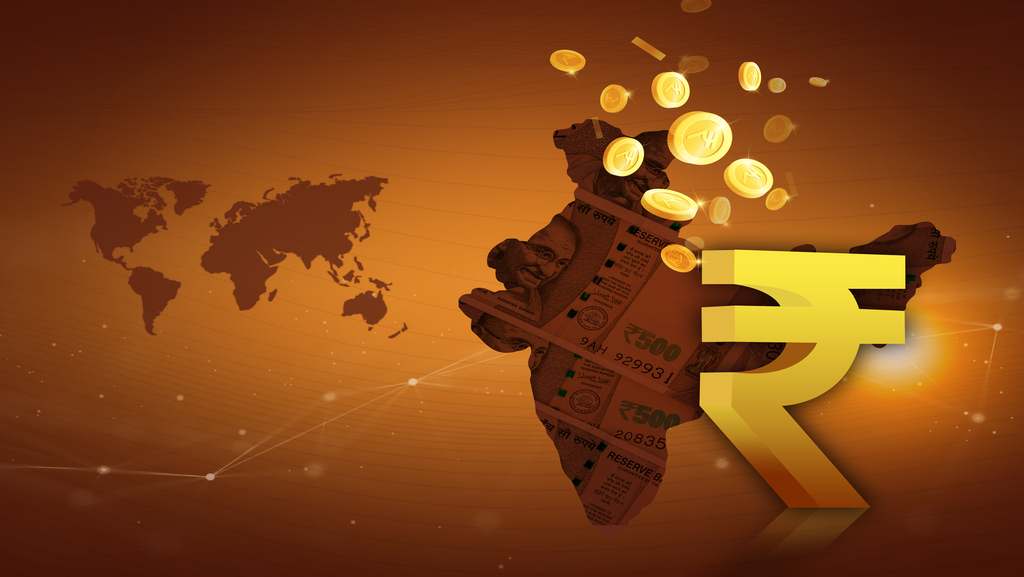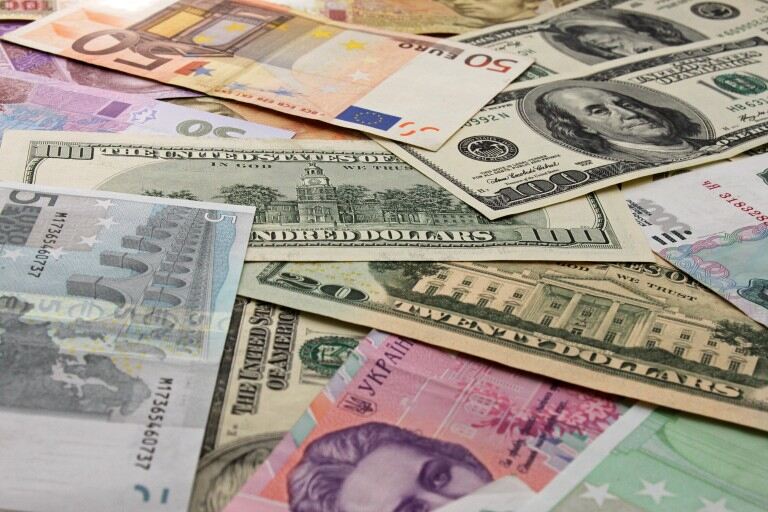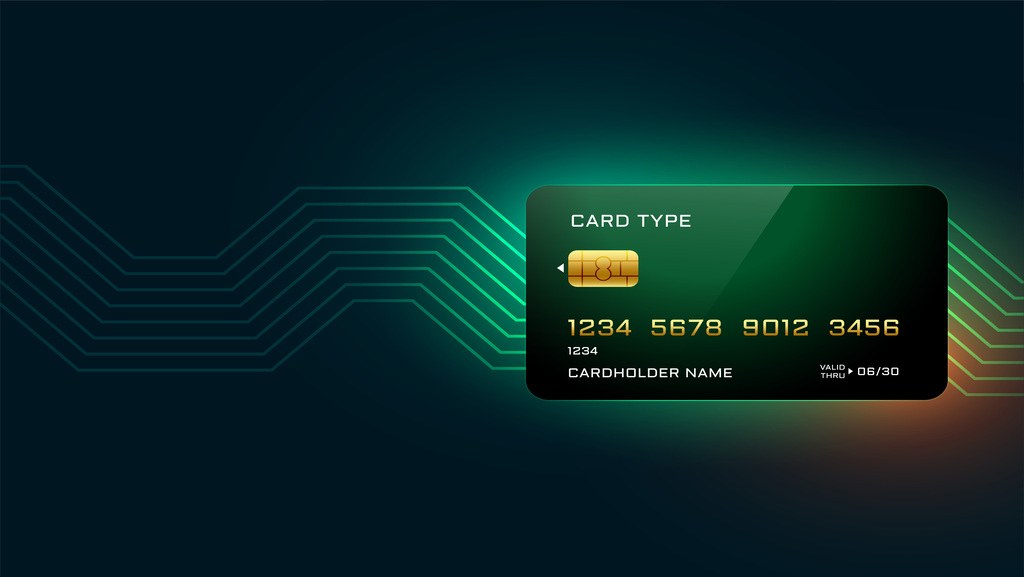
Know How to Use Forex Card: Hidden Charges and Daily Usage
Table of contents
Forex cards, also known as prepaid travel cards, are a convenient and secure way to carry foreign currency while travelling abroad. They offer several advantages over traditional modes of carrying foreign currency such as cash or traveller’s cheques. Thomas Cook’s forex cards provide you with competitive exchange rates, convenience, and ease of use. And to use a forex card to its utmost capabilities, it is important to understand the various charges associated with forex cards and how to use them effectively to make the most of their benefits.
Whether you’re travelling somewhere or planning on studying in another country, learning about forex cards is one of the key things to managing your finances efficiently. And we understand that many aspects of forex card charges need to be peeled back to let your mind soak in every piece of information so that you don’t fall into any harmful traps. The process to gain and use the card may seem scary, but don’t worry. In this guide, we will help you learn how to use a forex card, some useful ways you can utilise it for daily usage abroad and the hidden charges to look out for.
How does Forex Card Work?
It is simple to understand the process of how forex card works;
- Before you leave for your trip abroad, you purchase a forex card from a bank or a forex card issuing company. Then you load the card with the foreign currency of your choice at the prevailing exchange rate.
- Once you have loaded your forex card with the foreign currency, you can use it to make purchases or withdraw cash in the local currency of the country you are travelling to. You can use it like a debit card at ATMs or merchant establishments.
- When you use your forex card to make a transaction, the amount is debited from the balance available on your card. You will receive an SMS or email notification confirming the transaction and the updated balance on your forex card.
- The exchange rate used for your transaction is the prevailing exchange rate on the day of the transaction. Thomas Cook’s forex cards offer competitive exchange rates, which means you get a better exchange rate compared to exchanging cash at a local currency exchange dealer.
- If you exhaust the balance on your forex card, you can reload it with additional foreign currency. This can be done online or through a mobile app, or by visiting a bank or the card issuing company’s branch.
- Thomas Cook’s forex cards are more secure than carrying cash or travellers cheques because they are equipped with a chip and PIN. This makes it difficult for anyone to misuse your card or steal your money.
What are the uses of a Forex Card?
When it comes to travelling abroad, a Forex Card can be your best friend. It simplifies your foreign transactions and reduces the hassle of dealing with multiple currencies. Here’s how you can make the most of your Forex Card:
How to use Forex Card for Online Transactions:
If you book tickets through international websites or shop online, a Forex Card is very easy to use. You just have to choose the currency you are loading into your card, fill in your card details, and that’s it! It’s like using your debit or credit card, but without making handsome conversion charges.
Forex Cash Withdrawal:
Needing some local currency? Don’t worry; you can draw cash from ATMs using your Forex Card. But do check the charges applicable in such cases, as most of the banks charge a minimum fee per transaction.
How to Use Forex Card:
Be it in a fancy restaurant dining abroad or a hotel payment, just swipe your Forex Card as you would a regular bank card. The amount will be deducted in the local currency, which is an enormous advantage over carrying cash, and it’s safer too!
Forex Card Charges:
The beauty of Forex Cards is that their charges are generally lower than those of credit or debit cards. Also, sometimes, ATM withdrawals are charged, but other transactions in stores are free. Thus, Forex cards are a cost-effective alternative for international transactions.
Ways to Use Forex Card when Travelling Abroad
ATM Withdrawals: You can use your forex card to withdraw cash from ATMs located overseas, which makes it a convenient and safe option for carrying cash. Most forex card issuers allow you to withdraw cash in the local currency of the country you are visiting, and the withdrawal fee is usually lower compared to using your debit card or credit card.
Point of Sale (POS) Transactions: In POS, how forex card works is that you use your forex card to make payments at shopping malls and local stores that accept credit or debit cards. This is particularly useful for making large purchases or paying hotel bills, restaurant bills, and other expenses while travelling. You can use your forex card to pay in the local currency of the country you are visiting, which saves you the hassle of exchanging currency after going there.
Online Transactions: If you are shopping online while travelling to Italy, France, or any other country, you can use your forex card to make online transactions. This is extremely useful for booking flights, hotels, and other travel-related expenses online.
Use your unspent funds for your next trip: With Thomas Cook’s forex card, you can conveniently use your unspent money in the card for your next trip. You can also withdraw the funds at an ATM abroad, or cash out your card.
Recharge: You can easily recharge your forex card online or through a mobile app while travelling. This is useful if you have exhausted the balance on your forex card and need to top it up again to make further transactions.
How to check Forex Card Balance?
Knowing how to check your Forex Card balance is crucial to managing your expenses abroad efficiently. Let’s walk you through the simplest ways to do it:
Online Portal:
You can check the balance online from the portals issued by the respective bank which includes logging in with your credentials and then you can avail all the information like Balance, Transaction History and even the details about the forex card charges, all in one place. It helps to track spending while on a travel schedule.
Checking your balance at an ATM:
If you are out and want to check your balance, you can do so at any ATM. Just push in your card, select the ‘balance enquiry’ option, and you will get an instant update. Note that some banks may charge a small fee for such services, so watch out for foreign exchange card charges that might be applicable.
Mobile App:
Many providers including Thomas Cook have mobile applications that enable you to monitor your Forex Card while being on the go. You’ll have a bank in your pocket! You can check out your balance, know how much you can spend on your next withdrawal of forex cash, and send alerts about every transaction you make.
Understanding how to use a Forex card for online transactions and monitoring your balance ensures you always stay in control of your funds.
Hidden Charges to Look out for
Forex cards offer multiple benefits, but it’s also crucial to be aware of the hidden charges associated with them. Here are some of the hidden charges to look out for while understanding how does forex card work;
Cross-currency conversion charges: If you use your forex card to make a transaction in a currency other than the currency loaded on the card, the transaction is subject to cross-currency conversion charges. Checking the cross-currency conversion charges before using your forex card to make a transaction in a foreign currency is necessary.
ATM withdrawal charges: While using your forex card to withdraw cash from an ATM abroad, you may be charged a fee by the ATM operator in addition to the fee charged by the forex card issuer. It’s important to check the withdrawal charges before using your forex card to withdraw cash from an ATM. With Thomas Cook’s forex card, you won’t have to face any surcharges at ATMs across AllPoint Network.
Inactivity fees: If you don’t use your forex card for a certain period of time, the forex card issuer may charge an inactivity fee. This fee is charged to cover the cost of maintaining your forex card account. Do check the inactivity fees before purchasing a forex card and try to use the card regularly to avoid such fees.
Reload fees: Some forex card issuers charge a fee for reloading your forex card with additional foreign currency. It’s essential to check the reload fees before purchasing a forex card so that you don’t face any problems later. Make sure to reload your card with the required foreign currency before travelling.
Balance inquiry fees: Some forex card issuers charge a fee for checking the balance on your forex card. So, do check the balance inquiry fees before using your forex card to avoid unnecessary charges.
Dynamic Currency Conversion (DCC) fees: When you use your forex card to make a transaction at a merchant establishment abroad, there are times when you’re given the option to pay in your home currency instead of the local currency. While it may seem convenient, choosing to pay in your home currency can result in higher exchange rates and additional fees. It’s important to choose the local currency option to avoid DCC fees.
Learning about how does forex card work, the forex card charges, various ways on its usage, and the hidden charges to avoid can assist you when planning for your overseas trip. Thomas Cook provides 24×7 global customer assistance services, so you can also contact us in case of queries anytime. Go ahead and bookmark this guide to access it whenever the thrilling traveller inside calls you!
Table of contents
Our Forex Offerings
Trending blogs for you
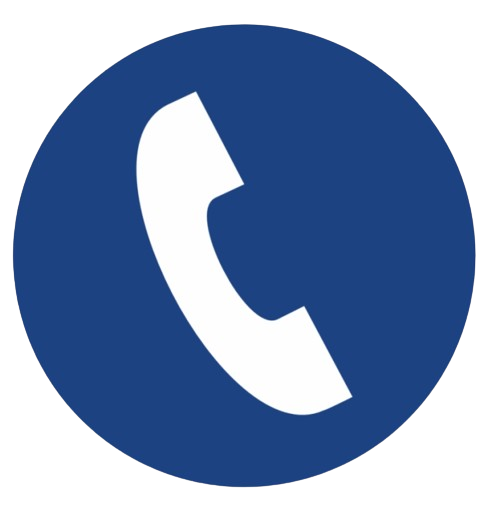 18002099100
18002099100





